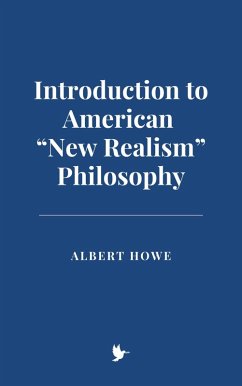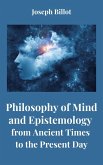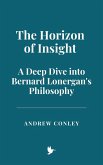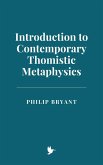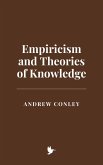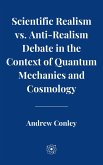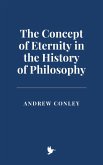The book delves into New Realism's impact on key areas of philosophy, including metaphysics, epistemology, the philosophy of mind, and the philosophy of science. In metaphysics, New Realism's defense of the mind-independent world, the reality of universals, and the causal structure of nature continues to influence contemporary debates about the nature of objects, properties, and causality. In epistemology, the movement's defense of direct realism and rejection of skepticism laid the groundwork for foundationalism and externalist theories of knowledge.
In the philosophy of mind, New Realism's focus on the directness of perception and its naturalistic approach to consciousness have influenced contemporary discussions about mental representation, perception, and embodied cognition. Similarly, in the philosophy of science, New Realism's defense of scientific realism and its commitment to the objective nature of theoretical entities have shaped debates about the role of causality and the nature of scientific explanation.
Throughout the book, the ongoing relevance of New Realism is examined in light of challenges from cognitive science, anti-realist philosophies, and contemporary developments in metaphysical naturalism. While New Realism has evolved in response to these challenges, its core principles remain influential in modern philosophy. By aligning philosophical inquiry with scientific practice, and by defending the objective nature of reality and perception, New Realism continues to provide a valuable framework for understanding the world and our place within it.
Dieser Download kann aus rechtlichen Gründen nur mit Rechnungsadresse in A, B, CY, CZ, D, DK, EW, E, FIN, F, GR, H, IRL, I, LT, L, LR, M, NL, PL, P, R, S, SLO, SK ausgeliefert werden.

